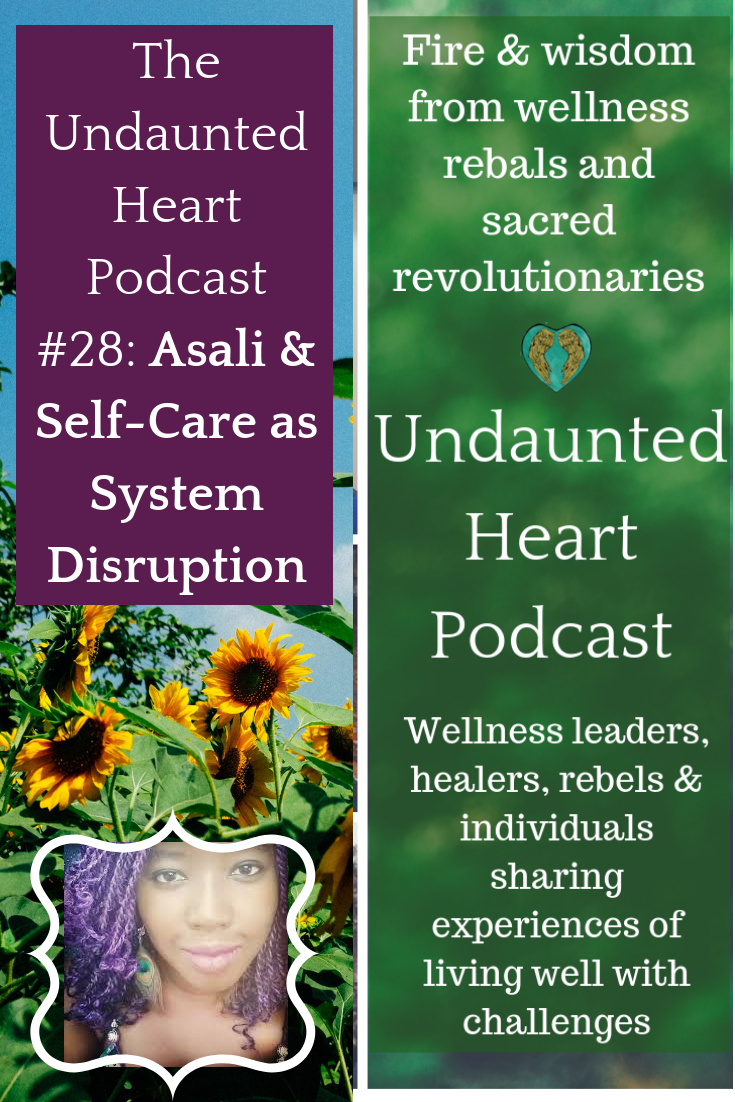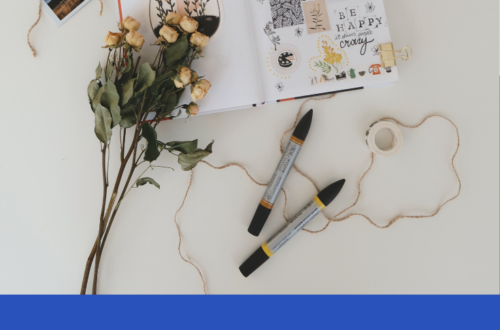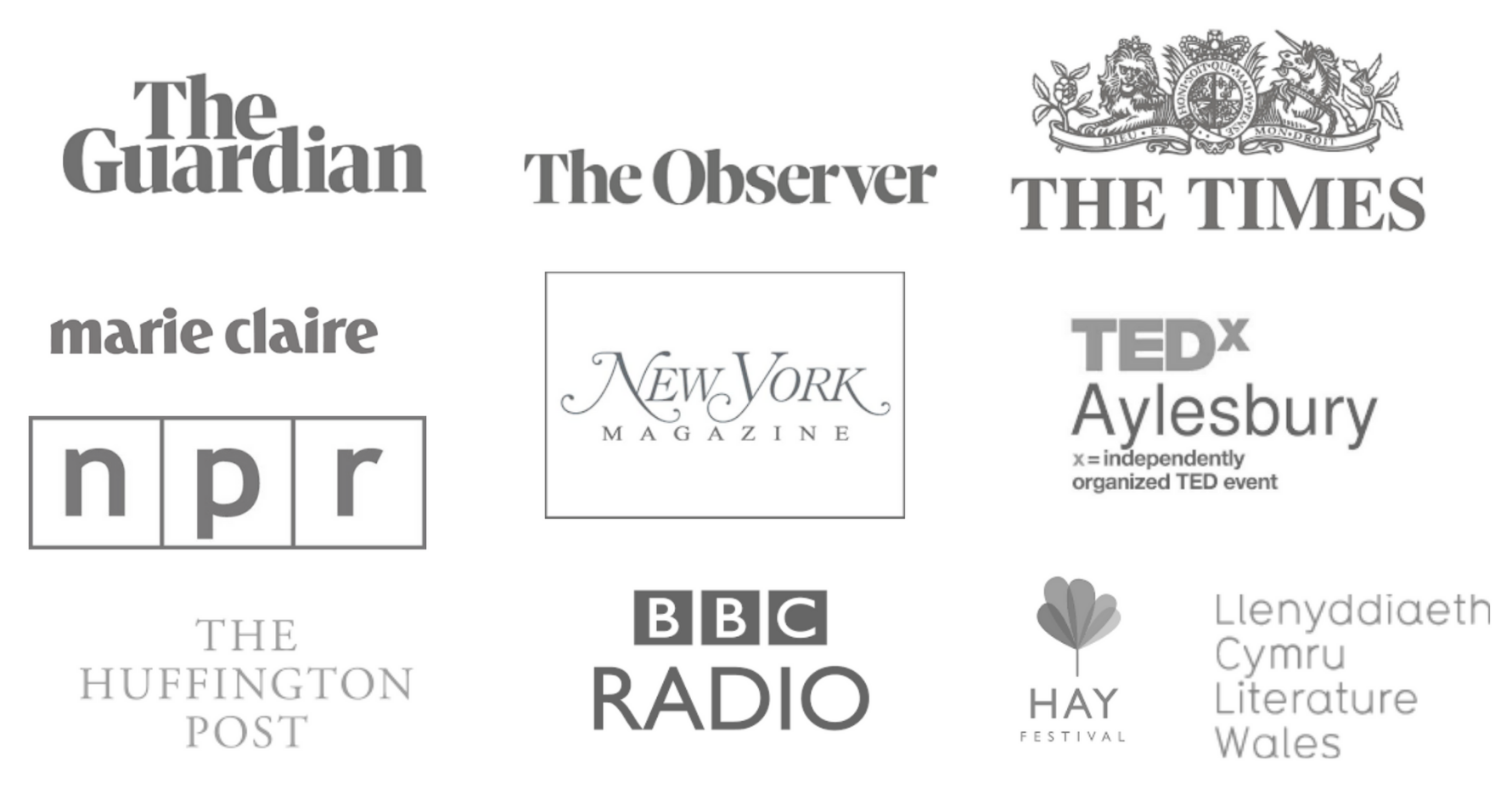Self-Care Sunday: Compassion as a Healing Path

[Self-Care Sunday Series: wellness experts worldwide are sharing their self-care expertise, practices, routines and personal stories. Today’s guest post is by self-care revolutionary Christy Tennery-Spalding]
This is part two (read part 1 here), in a five-part series on meditation and how it can help us to cultivate greater feelings of love for ourselves, each other, and the planet. In this series, I’m examining the Brahma Viharas (or the Four Divine Abodes), a Buddhist concept that refers to the sublime states we cultivate through meditation: compassion (karuna), lovingkindness (metta), sympathetic joy (mudita), and equanimity (upekkha). Today, we’ll examine karuna, compassion, and how it arises from and interacts with our meditation practice.
Chances are, you’re already familiar with the concepts of compassion and empathy — the ability to be present with a tone of kindness and love, with ourselves and others. When we are living into our compassion, we are allowing ourselves to be in touch not just with our own humanity, but with the humanity of others. This quality of choosing sweetness over blame is essential to healing.
In fact, compassion can be the path forward not just from our interior experiences of pain and self-blame, but toward a more just, equitable and healthy world. But let’s back up and look at how meditation helps us get there.
When we meditate, the primary action is to observe and witness. Meditation may also include some elements of concentration: on a mantra, an object, or the breath. The main “doing”, however, in meditation is to neutrally observe the mind, thoughts, breath, and emotions as they come and go. We do not cling, fix, or “do” anything to them. We simply bear witness.
With consistent meditation practice, after becoming more familiar our inner realm, we begin to see these events with greater compassion and less attachment. Our thoughts disturb us less, because we know that these pass away eventually. When that is the case, we can react with greater kindness, and experience thoughts with less drama attached.
This perspective, one of neutral empathy, gives us permission to recognize that our thoughts and emotions don’t make us “bad.” They simply make us human, even vulnerable. We might say to ourselves, “Ahh, look there at my chattering human mind! How upset you must feel, dear one.”
With this level of sincere compassion for ourselves, we do not seek to avoid our pain, but to be in touch with it through the lens of kindness. This is how we cultivate karuna, the first of the heavenly abodes, for ourselves through meditation.
But what about everyone else? How do we carry this off of our meditation cushion and into a world that is so obviously hurt and grieving? How do we observe that kind of pain, without doing harm to ourselves or turning away.
Again, compassion is the vehicle, as well as the path.
From my own experience, my first reaction to seeing suffering, injustice or oppression in the world is to try to fix it. (Hint: this is a sure-fire path to burnout.) But beyond its un-sustainabilty, this approach actually isn’t grounded in compassion.
The desire to fix and make right is actually grounded in my ego. The same one that wants to run away with my thoughts during meditation. This approach to pain in others, whether on a systemic level or an interpersonal one, actually robs the other person (or group of people) of their experience. It does not create connection, but rather further division: casting them as the victim; me as the savior.
[A mundane example: raise your hand if your partner has ever jumped in with advice when you’re mid-way through telling them about your tough day. How did it make you feel? Witnessed or dismissed? Their intentions were pure, but their actions felt dismissive, yes?]Instead, we can respond from a place of compassion, of witnessing first. From that perspective, we are primarily concerned with first acknowledging the dignity and humanity in others. When we do this, we’re less likely to place blame. We’re also better able to respond in a way that feels respectful and safe.
In the larger world, this means listening to others’ stories, before applying our own solutions. This would look like refugees having a say in their own self-determination. It would mean forest communities shaping forest policies. Workers would participate in workplace decision-making on a large and small level.
This is compassion in action.
Compassion, in its purest form, allows us to recognize our interconnection with all beings everywhere. Compassion in our interactions offer us the opportunity of a, “Me too,” moment. The ability to recognize ourselves in one another and to treat others with the gentleness we so crave.
When we approach the world from this perspective, that we are all a part of the fabric of humanity, we can act in a way that lifts everyone up, that build a new foundation of relationships from dignity and respect.
We do not place ourselves above anyone else, whether through blame, problem-solving, criticism or dismissiveness. We can observe those instincts, including toward ourselves, and let them go as we would any other thought during meditation.
A gift: Christy is offering her amazing meditation course Hella Metta at a special discount just for Wellness Trailblazers – that’s you, beautiful, just use the discount code ‘Grace’ for 25% off. Thanks Christy!
Sign up for the newsletter below to get all the posts in this 5-part series on the gifts of meditation. And check out Christy’s work at ChristyTending.com

Christy Tennery-Spalding is a self-care mentor, healer, activist, and writer. She works with world-changing individuals to help them craft amazing self-care practices. She is the creator of Hella Metta, a 10-day meditation e-course to cultivate fierce lovingkindness. She lives in Oakland, California with her husband and their feral cats, Dorothy & Harriet. Find free self-care resources to start your practice on her website,ChristyTending.com.
What is your experience for compassion? Let us know in the comments.
P.S You might also enjoy top 5 mindfulness meditation challenges transformed and ASMR guided meditation for chronic pain.




